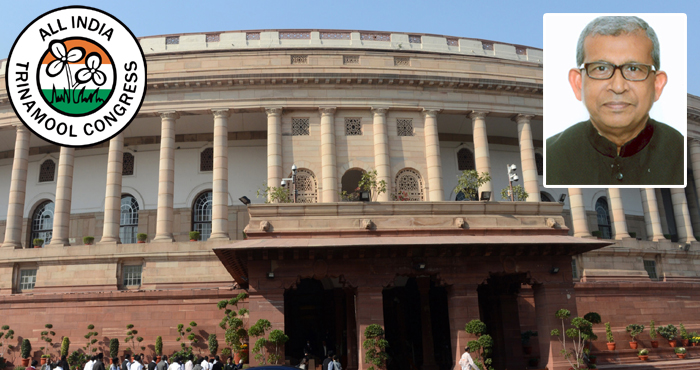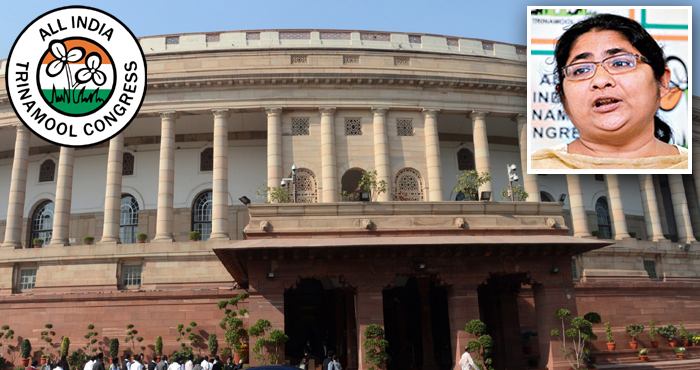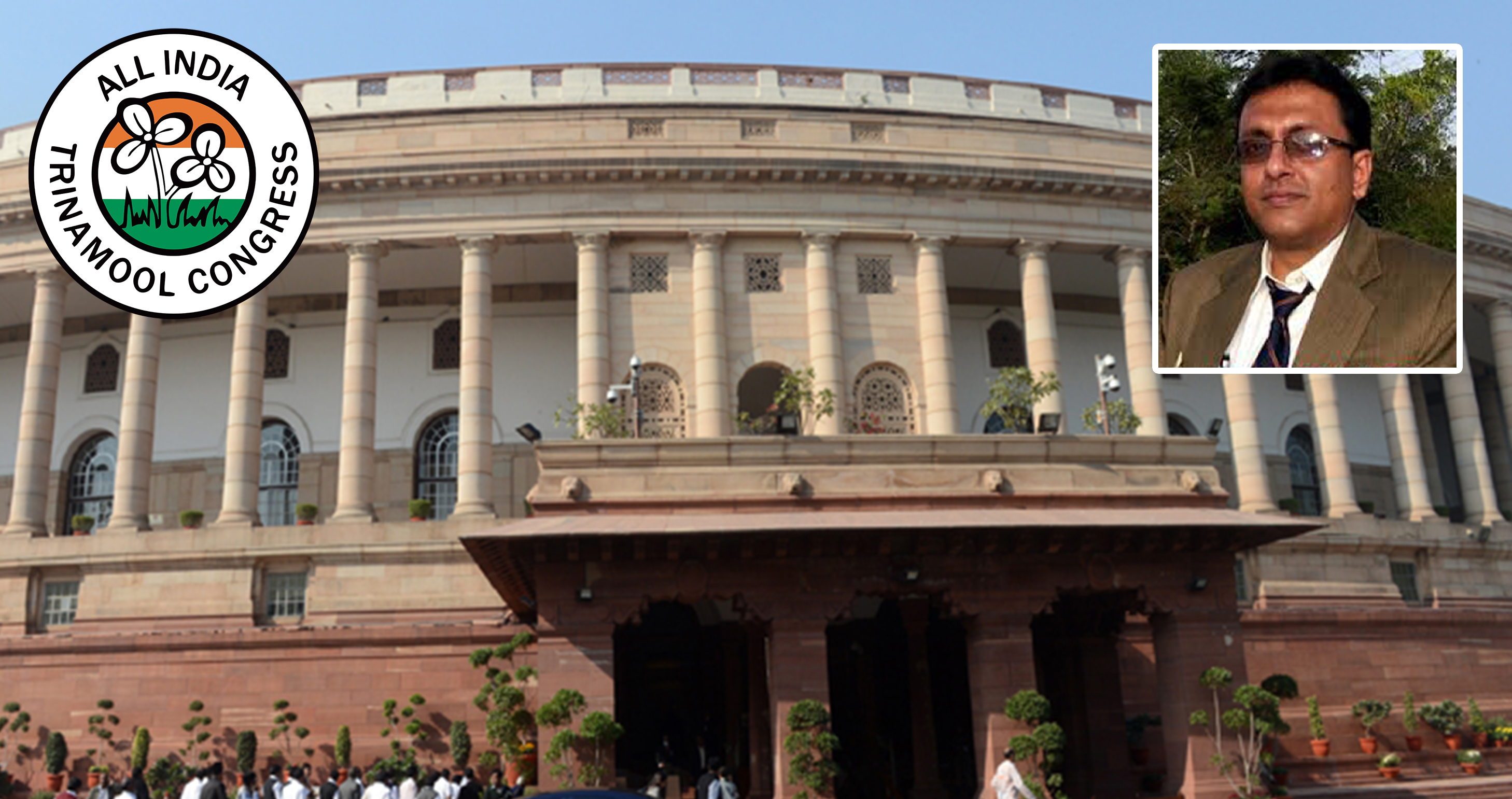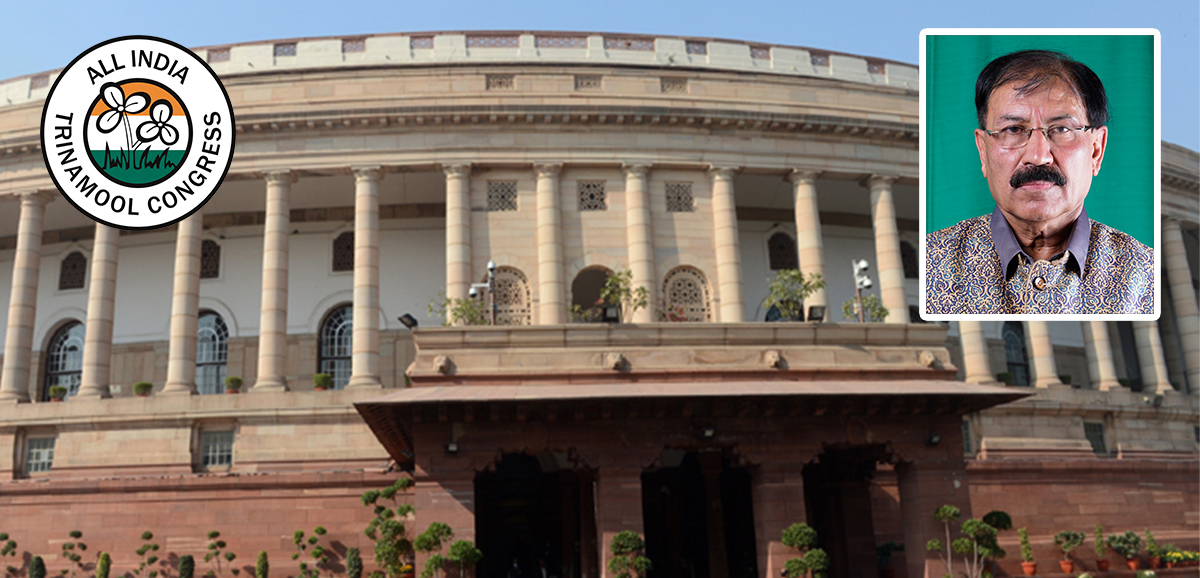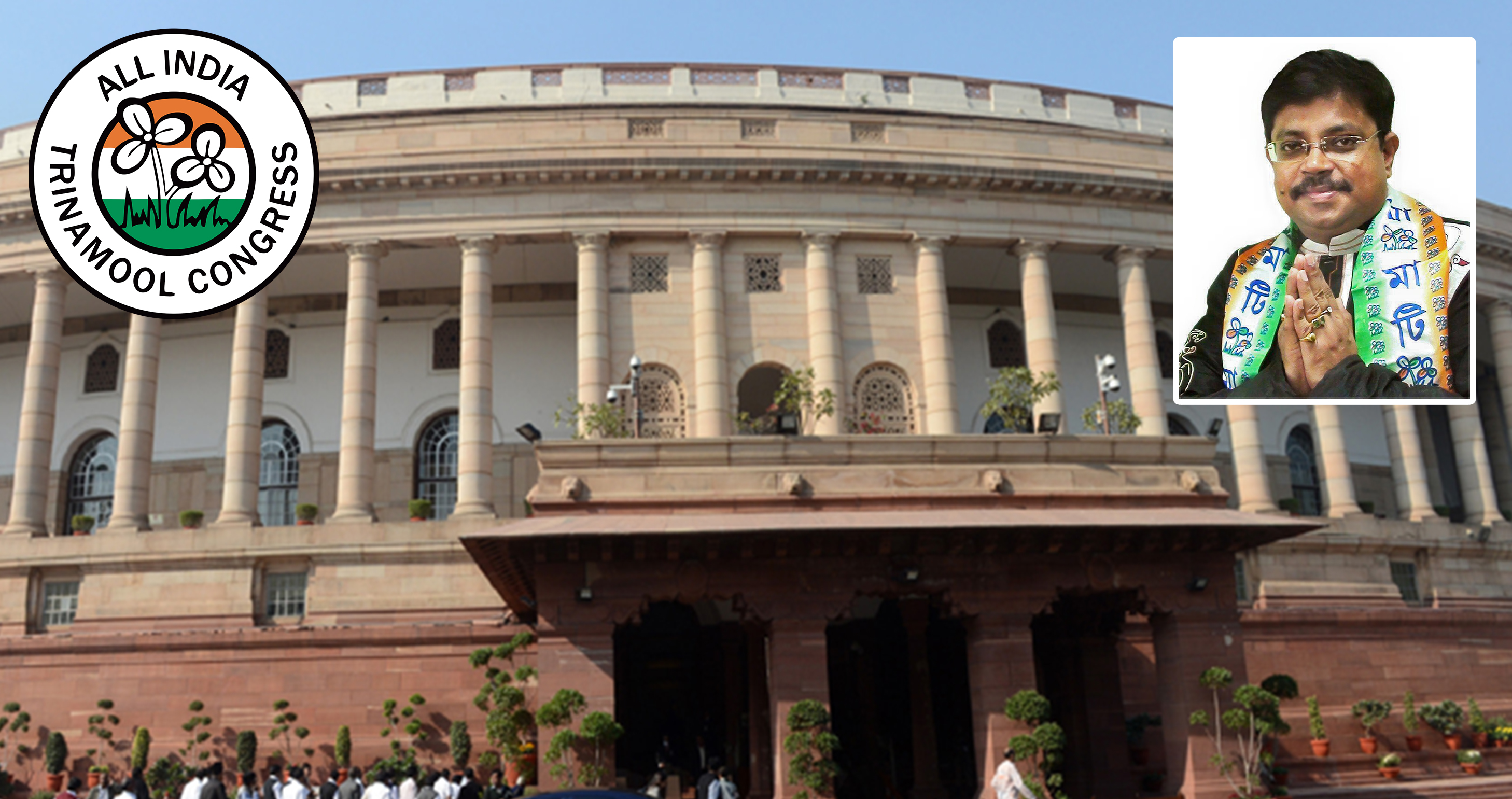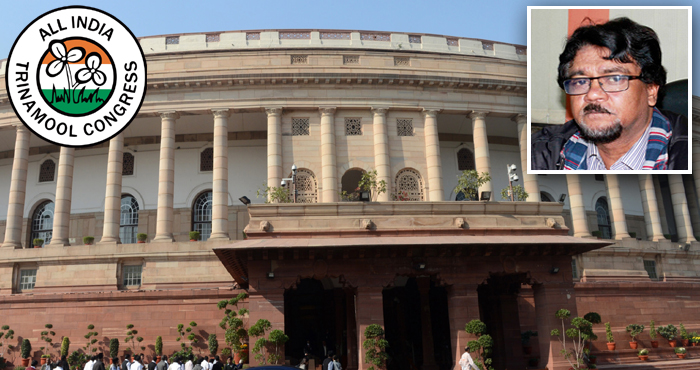FULL TRANSCRIPT
Thank you for providing me this opportunity to speak on The Central Educational Institutions (Reservation in Teachers’ Cadre) Bill, 2019. I feel this is yet another effort to bring equality by reviving the 200 point roster as against the 13 point system put forth by the High Court of Allahabad. The aim of providing is to consider a central educational institution as a unit in place of departments. Sir, the UGC guidelines of 2006 were quashed by the High Court of Allahabad in 2016.
Sir I have a question, why didn’t the Government introduce this Bill in the following sessions? The Supreme Court too gave similar verdict on January 23, 2019. The Parliament was in session, as we know Sir, from January 31 to February 13. Again we did not find the Government making any effort to legislate on the matter. Instead Sir, an Ordinance was promulgated on March 7 , 2019 just three days prior to the announcement of elections. This cannot be a mere coincidence is what I feel. This held a clear intention of taking advantage of time to make hollow promises.
If we look at the past, in the first 30 years since independence, out of every 10 Bills passed, one was an Ordinance. In the next 30 years, out of every 10 Bills passed about two were Ordinances. In the last two years, out of every 10 Bills, passed four were Ordinances. In this regard Sir, I have deep concerns. Promulgating Ordinances time and again is against the very spirit and nature of a parliamentary form of government.
This House is constituted of earned an eminent representatives of the people and by promulgating Ordinances on every matter the Government is exhibiting an authoritarian feature. It is also discarding the views and inputs of the House. The House seeks to enact laws, which the Indian people deserve. But, as of today, as we saw most deplorably, the way the Government is functioning. Many Hon’ble Members were complaining that they were denied the rightful opportunity of putting in their suggestions in the form of Amendments. However Sir, we understand the House should be given due importance it deserves, I request the government to modify this process of discharging functions.
Next Sir, I would like to say the main mandates for reservation of Scheduled Castes and Scheduled Tribes and Other Backward Classes to fill up more than 7,000 vacant positions in educational institutions. This is definitely a welcome step but the process that this government has adopted is no doubt faulty and promotes the interests of certain sections of the society.
Sir, I would like to further say that we know that the new notification is also an attempt to dent efforts to ensure representation of SC/ST and OBC categories as per the constitutional mandate of 15%, 7.5% and 27% respectively. If this system is taken, all professors of the same grouping across all departments in the university will be grouped together to estimate the extent of the quota. As a result, positions open will be reduced, limited and not filling up positions as per requirement of subjects. Some departments/subjects will have all reserved and some with all unreserved candidates. Moreover, the number of vacancies will not meet the required constitutional mandate.
This is nothing but a sheer motive to leverage positions for the upper caste candidates. This bill proposes to dilute the entire concept of reservation itself.
Today, the reservation system in our government posts is on the basis of the posts and not the number of vacancies in that arena. So, why should the same system not be followed for educational institutions as well? This Bill proposes to bring about a systemic change in the basis of reservation. It is only introducing a system of discrimination in the educational institutions that will only alienate the backward classes.
Sir, I would also like to say that section 4, sub-section (i) and sub-clause (a) provides for a discriminatory clause. It says that certain institutions will be kept out of the provisions of this Bill. I would request the minister to explain the basis of such institutes. Some like science and technology, I understand. But when we are doing this is the government making mistake of direct capabilities of concerned categories that is the SC/ST and OBCs. When these universities have reservation for student community, why not they have it for the teaching community as well?
Sir, I would also like to question that is the government creating a sense of division and discrimination in appointing positions to the socially and economically deprived in these institutions of esteem. Is the government questioning the capabilities and undermining those that are entirely eligible.
Also Sir, we can see that our Hon’ble members of the treasury benches are taking the credit of having given the reservation for the economically backward sections. After all, taking credit is the most easy thing to do. Sir, in this Bill itself they have been deprived also. Sir, I would like to say that I have a few suggestions for the hon’ble minister.
Firstly, reservations should be allowed for the universities that are excluded because if the criteria put forth by them is made by any candidate of the concerned section then why not given him/her the opportunity. Why not give the devil his/her due?
Secondly, a regulatory body should be constituted to ensure a proper functioning of the provisions of the Bill and in case of any dispute it can discharge quick verdicts. This is so necessary because even after this Ordinance we have four universities, namely, Central University of Punjab, Karnataka University, Tamil Nadu University and Indira Gandhi National Tribal University. They did not comply with the provisions. This would have gone unnoticed Sir, if it was not brought up by one of the hon’ble member of this very August House itself. Also Sir, this is why a responsible body to handle the affairs is necessary. This body should be entrusted with the duty of looking into the judicial matters arising after employment. This is because every other day we come across cases involving hatred towards vulnerable sections, namely the SCs, STs, OBCs and the economically-backward sections (EBS) .
Doubting and questioning their capabilities is not right I feel. There is a high chance that the teachers being appointed through this will also face similar problems and that is why this is very necessary. This is also very important and imperative, Sir. At a time when we soon aspire to make India the third largest economic power of the world, we declare a mission to the moon, we boast of progress achieved in space which only three other nations in this globe are capable of, we are failing to provide a level ground for all. This Sir, is proved by the fact that atrocities meted out to the backward classes has increased by 37 per cent in the last decade.
Sir, in this regard I would also like to say that moreover to avoid cases like that, which involved suicide of Rohith Vemula, this is a very important step that the Government can and should take and it cannot be done until serious steps are taken.
Sir, also in this case, we have another most unfortunate case that took place recently, as recent as May, in Mumbai, where a young medical professional, Payal Tadvi lost her life due to suicide committed as a result of alleged casteist slur and discrimination. In this regard I would like to mention that Sukhdev Thorat, a professor emeritus of JNU and a former UGC chairman, had led a committee to investigate allegations of discriminatory treatment of SC and ST students at the All India Institute of Medical Sciences (AIIMS), and which had found that lower caste students had faced discriminations at the premier institute.
About the measures that should be taken to check discriminatory behaviour, the report says: “There has to be an Act by the government to make caste-based investigation at the university campus a punishable offence. Apart from this, a set of guidelines should be formulated for the upper caste students on how to behave in the presence of students from the marginalised sections.”
Jobs and educational reservations are very vital in the view of Dr Ambedkar. He had wanted reservation in services and educational institutions to be permanent. If those reservations were not put in place, it would have led to a constant struggle of the oppressed, who would have never found a channel to come into the mainstream. What would have been denied to them they would have taken by force. Thus we have to ensure measures to bring the backward classes into public service and provide to them what is rightfully due to them.
Thus I would like to request to send this Bill to a Standing Committee where stakeholders from all fields associated with this Bill would be consulted and proper legal suggestions are taken to correct the provisions of this Bill that would otherwise fully undermine the essence of reservation and its effects.
Thank you, Sir.

